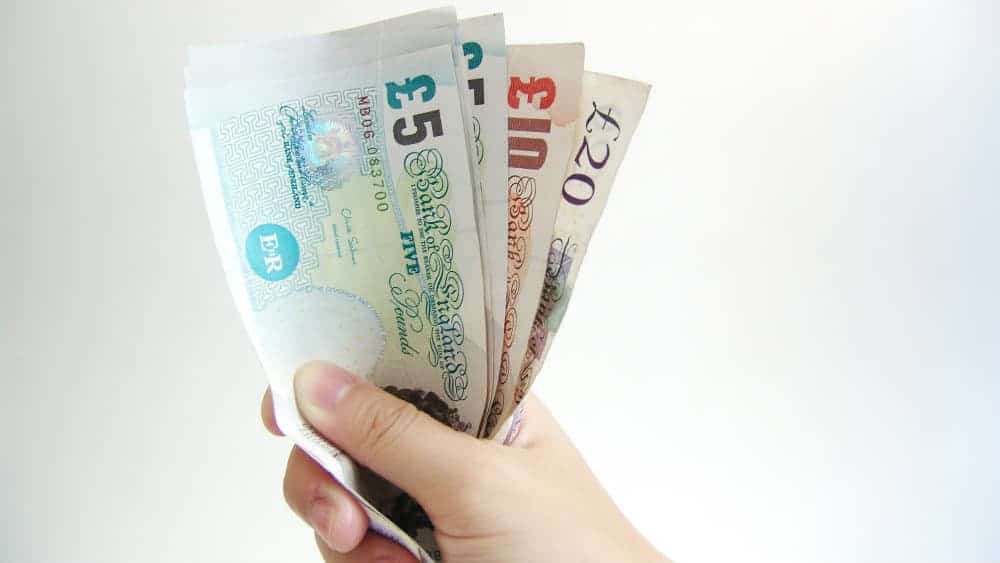I’m searching the UK share markets for the best cheap stocks to buy for my Stocks and Shares ISA. Here are two top penny stocks — companies that trade for less than £1 a share — that are high on my shopping list.
On a roll
Accrol Group Holdings (LSE: ACRL) is being hit by the cost of soaring pulp values and commodity prices right now. It’s a problem that might drag on too as the economic recovery kicks in and supply issues persist. But I think these problems are built into the toilet and kitchen roll manufacturer’s shares at current prices. Today the company trades on a forward price-to-earnings (PEG) ratio of 0.3.
A reading below 1 suggests that a share could be undervalued by the market. And I for one certainly think Accrol has a lot of promise looking ahead. Indeed, the company is rapidly gaining market share as the popularity of discount retail continues to rise. The penny stock grew its market share by three percentage points to 16% in the last fiscal year as consumers opted for cheaper products over the branded equivalents.
Passive income stocks: our picks
Do you like the idea of dividend income?
The prospect of investing in a company just once, then sitting back and watching as it potentially pays a dividend out over and over?
If you’re excited by the thought of regular passive income payments, as well as the potential for significant growth on your initial investment…
Then we think you’ll want to see this report inside Motley Fool Share Advisor — ‘5 Essential Stocks For Passive Income Seekers’.
What’s more, today we’re giving away one of these stock picks, absolutely free!
I also like this UK share’s ambitious spending programme to drive future earnings. It’s made two acquisitions since the end of last year for a combined £38.9m, including the significant purchase of Leicester Tissue Company in November. And Accrol is also taking steps to boost capacity at its manufacturing site in Leyland in early 2022.

Another top penny stock to buy
I believe that Ryanair (LSE: RYA) is another penny stock with a bright future. And so do City analysts if current forecasts are to be believed.
The Irish flyer swung to a painful operating loss of $839.4m in the last fiscal year (to March 2021) as the Covid-19 crisis grounded most of its fleet. But City brokers believe that Ryanair is set for a strong rebound. Operating earnings of €56.1m and €1.69bn are forecast for financial 2022 and 2023 respectively.
The risks to these forecasts are significant, of course, as the public health emergency drags on. Still, I’m not deterred by the possibility that near-term profits could suffer if travel restrictions persist. Firstly, Ryanair has plenty of financial headroom to help it fly through the pandemic. A mixture of extensive cost cutting and fundraising helped it exit the last financial year with €3.15bn worth of cash on the books.
These considerable resources should also allow Ryanair to ramp up capacity swiftly as the Covid-19 crisis gradually eases. They will also help the penny stock realise its plans of flying 200m passengers a year inside the next five years. By comparison it shifted 142m travellers back in 2019.
Make no mistake: the low-cost travel segment looks on course to keep growing at a tremendous rate. And Ryanair’s bold investment plans could turbocharge profits from a marketplace in which competition is set to be greatly reduced following the pandemic.







